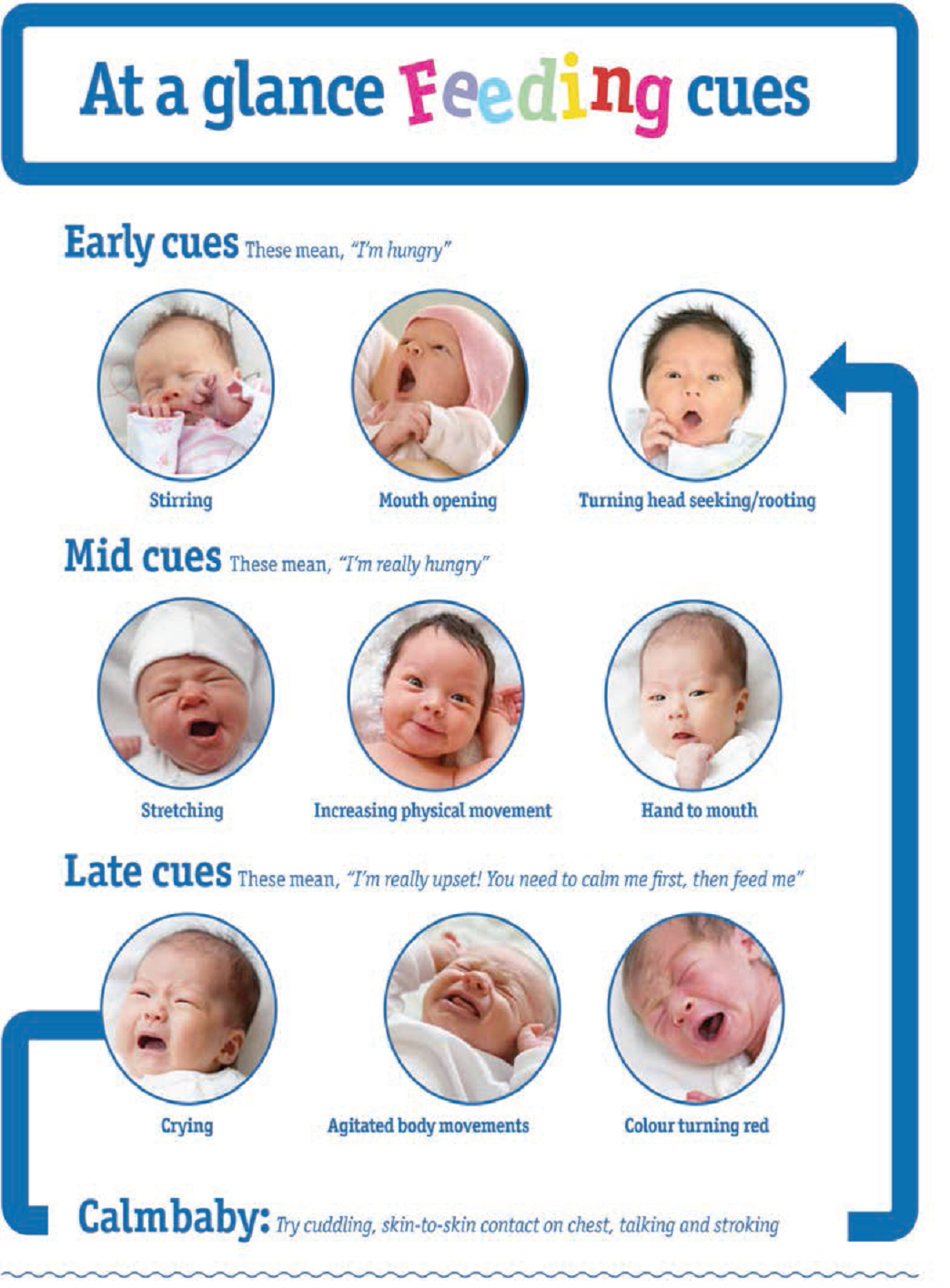
NHS Baby Care: A Comprehensive Guide for New and Expecting Parents
Introduction
The arrival of a new baby is a momentous occasion, filled with both joy and trepidation. For new and expecting parents, navigating the complexities of baby care can be daunting. The National Health Service (NHS) in the United Kingdom provides a comprehensive range of services to support families during this crucial time. This article will delve into the various aspects of NHS baby care, empowering parents with the knowledge and resources they need to ensure the health and well-being of their little ones.
Prenatal Care
Prenatal care is essential for ensuring a healthy pregnancy and a safe delivery. The NHS offers a range of services to support expectant mothers, including:
- Antenatal appointments: Regular check-ups with a midwife or doctor to monitor the mother’s health and the baby’s development.
- Ultrasound scans: To assess the baby’s growth and well-being.
- Blood tests: To check for infections and other potential complications.
- Education and support: Information and guidance on nutrition, exercise, and lifestyle choices during pregnancy.
Labor and Delivery
When the time comes for labor and delivery, the NHS provides a range of options to ensure the safety and comfort of both the mother and baby. These include:
- Hospital birth: The most common option, where the mother gives birth in a hospital setting with access to medical equipment and support.
- Home birth: For low-risk pregnancies, mothers may choose to give birth at home with the assistance of a midwife.
- Water birth: A method of labor and delivery where the mother gives birth in a pool of warm water.
Postnatal Care
After the birth of the baby, the NHS continues to provide essential support and care. This includes:
- Postnatal check-ups: Regular appointments with a midwife or health visitor to monitor the mother’s and baby’s health.
- Breastfeeding support: Assistance and advice on breastfeeding, including how to latch on properly and overcome any challenges.
- Immunizations: Vaccinations to protect the baby from preventable diseases.
- Health visitor home visits: Regular visits from a health visitor to provide support, advice, and information on baby care.
Baby Health and Development
The NHS provides a range of services to ensure the health and development of babies. These include:
- Well-baby checks: Regular check-ups with a health visitor or doctor to monitor the baby’s growth, development, and overall well-being.
- Screening tests: Tests to identify potential health conditions, such as hearing loss and vision problems.
- Early intervention services: Support for babies with developmental delays or other special needs.
Feeding
The NHS provides guidance and support on feeding babies, including:
- Breastfeeding: Encouraging and supporting breastfeeding as the optimal method of feeding for babies.
- Formula feeding: Advice on choosing and preparing formula milk for babies who are not breastfed.
- Weaning: Information and guidance on introducing solid foods to babies.
Sleep
The NHS provides advice and support on baby sleep, including:
- Safe sleep practices: Creating a safe sleep environment for babies to reduce the risk of Sudden Infant Death Syndrome (SIDS).
- Sleep routines: Establishing regular sleep patterns for babies to promote healthy sleep habits.
- Sleep problems: Identifying and addressing common sleep problems in babies.
Common Baby Illnesses
The NHS provides information and advice on common baby illnesses, including:
- Colds and flu: Symptoms, treatment, and prevention of colds and flu in babies.
- Diarrhea and vomiting: Causes, treatment, and prevention of diarrhea and vomiting in babies.
- Skin rashes: Types of skin rashes in babies, their causes, and treatment.
Mental Health Support
The NHS recognizes the importance of mental health support for new parents. Services include:
- Postnatal depression screening: Screening for postnatal depression, a common condition that affects many new mothers.
- Counseling and therapy: Support for parents experiencing anxiety, depression, or other mental health challenges.
- Peer support groups: Opportunities for parents to connect with others going through similar experiences.
Additional Resources
In addition to the services provided by the NHS, there are a range of other resources available to support new and expecting parents, including:
- NHS website: A comprehensive source of information on all aspects of baby care.
- NHS app: A mobile app providing personalized information and support for parents.
- Local support groups: Groups that provide a forum for parents to share experiences and offer support.
- Private healthcare: For those who wish to access additional services or personalized care.
Conclusion
The NHS provides a comprehensive range of services to support new and expecting parents in the United Kingdom. From prenatal care to postnatal support, the NHS is committed to ensuring the health and well-being of both mothers and babies. By accessing these services, parents can feel confident and empowered in providing the best possible care for their little ones. Remember, the journey of parenthood is filled with both challenges and rewards, and the NHS is there to support you every step of the way.
